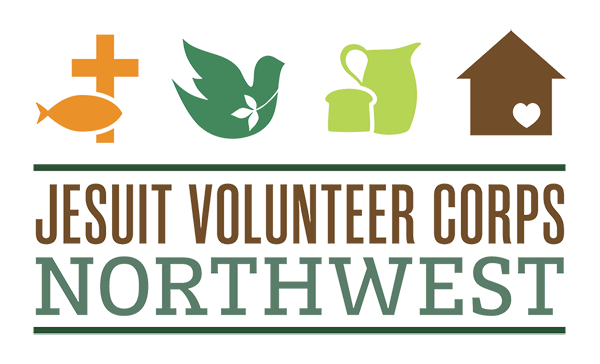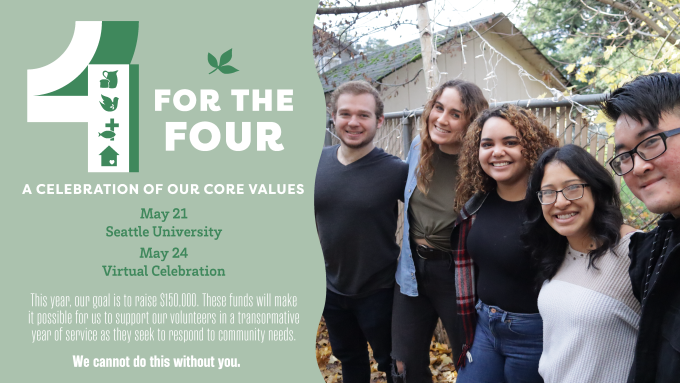An Interview with JV AmeriCorps Member, Natalie Doggett, on Assisting Those Applying for Health Insurance
As many of us prepare to re-enroll in our own health insurance coverage, Natalie Doggett, a JV AmeriCorps member serving in Gresham, Oregon, highlights the necessity of and challenges to gaining coverage. The Community Health Specialist for The Wallace Medical Concern, Natalie assists clients regularly in enrolling in the Oregon Health Plan. Here is an interview we held with her about her role.

Why is health insurance important?
Health insurance is important because nobody should avoid pursuing medical treatment due to inability to pay. Unfortunately, medical expenses without health insurance are prohibitively high, which discourages people from seeking care and treatment for both physical and mental health issues.
What happens if a person doesn’t have health insurance?
When a person doesn’t have health insurance, they pay out of pocket for medical care of any form. This means they are paying what health insurance would usually pay for in addition to their personal out-of-pocket costs. This can add up quickly for something as simple as, say, the yearly flu immunization. When people are unable to access preventive services and health screenings, health problems can become much more concerning and complicated down the line.
Why do they need you, a JVC Northwest AmeriCorps member, to assist them with signing up?
There is currently an online portal, ONE, that allows clients to apply for the Oregon Health Plan on their own. However, it is easy to get overwhelmed by the process and it is unreachable if you do not have access to a computer or internet. I honestly took for granted staying on my parents’ health insurance prior to starting here at Wallace. Because I am bilingual, I am able to serve Spanish and English-speaking clients. Even if a person knows their way through the ONE portal confidently, there’s something to be said for accompaniment. Being present (mentally and physically) with someone is really valuable because it reminds us of our shared humanity.

What are some barriers to enrollment?
The process for enrolling in the Oregon Health Plan takes some time. A typical enrollment appointment with me (or one of our community health workers) lasts about an hour, which is usually a good starting amount of time for working through an application on the ONE portal. I have met with clients who have difficulty navigating this system on their own, which is why we offer enrollment assistance at Wallace.
Follow-up for a case often involves submitting documents to complete requests for information (RFI) or calling the Oregon Health Plan hotline for making changes to an application (change in address for example). Many of the clients we see face opportunity costs that act as barriers to enrollment. That is to say, they are limited by time and other resources in being able to do the follow-up associated with their cases. This is a crucial part of my position responsibilities because I regularly submit the documents needed for the RFI as well as routine phone follow-up to the OHP Application Assister Hotline to check the information is received and the cases get processed.
How has having access to care changed a patient’s life?
I’ve been seeing clients for enrollment appointments since the end of September. Earlier this year the Oregon legislature instituted provisions known as SB 558. These provisions allow all children to receive full OHP benefits regardless of immigration status, assuming their income meets that requirement, allowing children who are undocumented to receive coverage.
This is particularly heartwarming and relevant given many of the clients I have seen are families, sometimes with parents that might not meet the immigration status requirement but who know their children need coverage. It is unfortunate that immigration status is still a barrier to adults being able to enroll in the Oregon Health Plan. Many parents are relieved their children are eligible for OHP even when they themselves are not. This gives me hope that health disparities among lower-income families with mixed immigration statuses can be minimized and the children will not fall through the cracks in our healthcare system here in the US.

